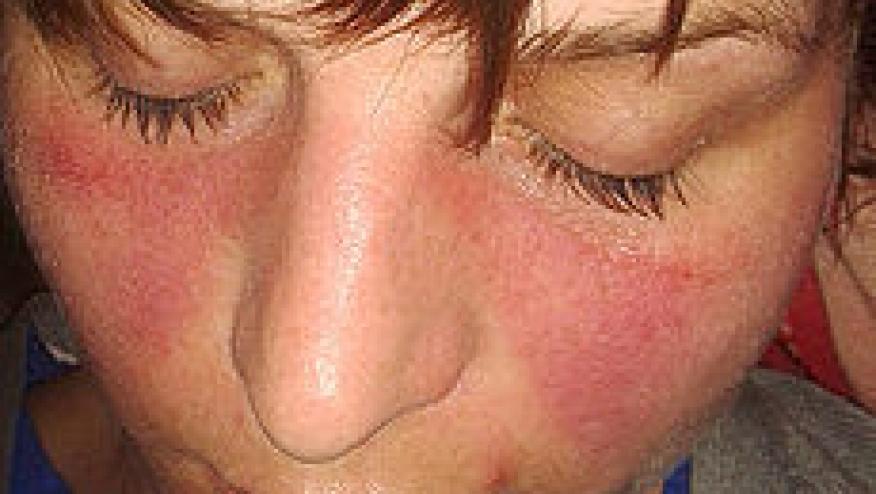Phase 3 Trials of Baricitinib Disappoint in SLE Save

Despite the encouraging phase II trial results of baricitinib in systemic lupus erythematosus (SLE) patients, two parallel phase III trials have failed to redemonstrate the efficacy of baricitinib in active SLE, thereby halting development of baricitinib in SLE.
SLE-BRAVE I and SLE-BRAVE II were large, multinational, double-blind, placebo-controlled studies and patients with active SLE on stable therapy who were randomized to receive baricitinib 4 mg, baricitinib 2 mg, or placebo daily for 1 year.
BRAVE-I enrolled 760 participants and BRAVE-II enrolled 778 participants. Women made up 94% of the study population, with more than half being White and having very active SLE (with SLEDAI-2K of nearly 10). All patients stayed on background therapy (steroids 76%-81%; mean dose ~10 mg/day), and patients continued to receive background treatment with antimalarials (74-84%), immunusuppressants (56-60%) and methotrexate.
The primary endpoint was the proportion of patients reaching an SLE Responder Index (SRI)-4 response in the 4 mg group compared with placebo.
The BRAVE- I (760 SLE patients) trial showed the primary endpoint was met with the baricitinib 4 mg patients being more likely to achieve and SRI-4 response than placebo (57% vs. 46%; p=0·016), but not baricitinib 2 mg (50%; p=0·47) treated patients.
However, there were no between group differences in achieving secondary endpoints, including LLDAS, BICLA, glucocorticoid tapering and time to first severe flare. There were no major safety differences between groups.
In BRAVE-II (775 SLE patients) trial showed no differences in the primary endpoint (SRI-4 responders at week 52):
- Baricitinib 4mg 47%
- Baricitinib 2 mg 46%
- Placebo 46%
Similarly, the major secondary endpoints did not differ between groups at week 52. Serious adverse events were seen in 9% of PBO, 11% baricitinib 4 mg and 13% in the baricitinib 2 mg groups.
The preponderance of data generated in these phase 3 trials was not favorable.
An accompanying editorial stated that treatment failures in phase 3 SLE trials has been repeatedly disappointing. Reasons for this are attributed to SLE being a complex disease, heterogeneous disorder, with a multiplicity of outcome domains often tested on a background of multiple immunosuppressants. Yet, despite phase III failures, rituximab is included in USA and European SLE treatment guidelines. They posit post-hoc analyses as a way to understand these evidence based shortcomings.










If you are a health practitioner, you may Login/Register to comment.
Due to the nature of these comment forums, only health practitioners are allowed to comment at this time.